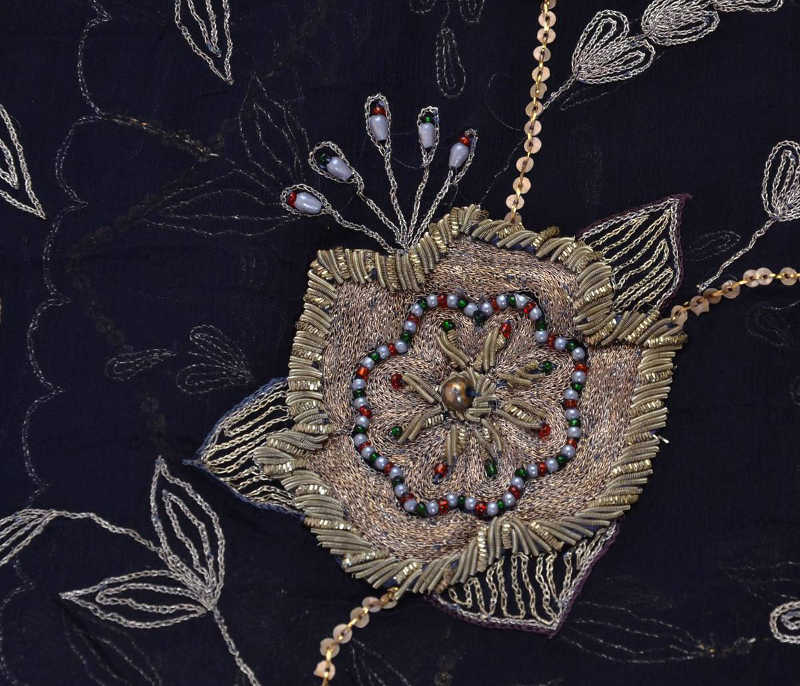===
0104,
2
===

=== |
 |
vāqiʿah : 'Event, occurrence, incident; —news, intelligence ;—accident; misfortune; a grievous calamity; —battle, encounter, conflict; —casualty; death; —a dream, vision'. (Platts p.1175)
ʿālam : 'The world, the universe; men, people, creatures; regions; kingdom (in comp., e.g. 'vegetable-kingdom'); —age, period, time, season; state, condition, case, circumstances'. (Platts p.757)
FWP:
SETS == GENERATORS
MOTIFS == DREAMS
NAMES
TERMS == THEME; WORDPLAY; ZILAWell, here's another lovely shape-shifter, a verse like a dream-- it can mean whatever you're in the mood for it to mean, each time you think about it. Just consider some of the points of flexibility:
= jo can be a contraction for jab , so that it means simply and straightforwardly 'when' (in the temporal sense); or else it can mean 'in that, inasmuch as, since' (so that it would have a broadly causal sense).
= ʿālam can mean a wide range of things including 'world', and 'time', and 'state, condition' (see the definition above).
= vāqiʿah can mean anything from a (neutral) 'event', through a (bad) 'calamity' that may even include 'death', to a 'dream, vision' (see the definition above). Brilliant use is made of these possibilities, as SRF observes.
= yih jāgnā hamārā -- in 'this waking of ours', to what does the 'this' refer? A waking from the dream of life? A waking into the world of death? A waking that itself was only a dream? A dream about 'waking'?
= dekhā to -- this can be expanded to 'when we looked/saw, then', but what kind of 'looking' or 'seeing' is involved? In Urdu one doesn't 'have' a dream, one 'sees' a dream [ḳhvāb dekhnā]; and in Urdu there's no way to distinguish between 'looking' and 'seeing'. So it might be that we're (still?) 'seeing' a dream. Or it might be that we're 'looking' (at what?) with newly-awakened eyes.
= ḳhvāb niklā -- it 'turned out to be a dream/sleep' -- but what was the 'it' that did that? Among the candidates are: the world/condition of death; the 'reality' of death; the 'vision, dream' of death; and our (so-called but illusory) 'waking'.
It's a brilliant little mystery machine; in a handful of words it sets up in our minds a sort of infinite (or at least indefinite) regress of enticing but never-resolvable possibilities, so that we can't stop spinning our mental wheels. And of course such 'generators' are among Ghalib's favorite creations as well, as in his cryptic and mysterious counterpart verse:
G{98,10}.